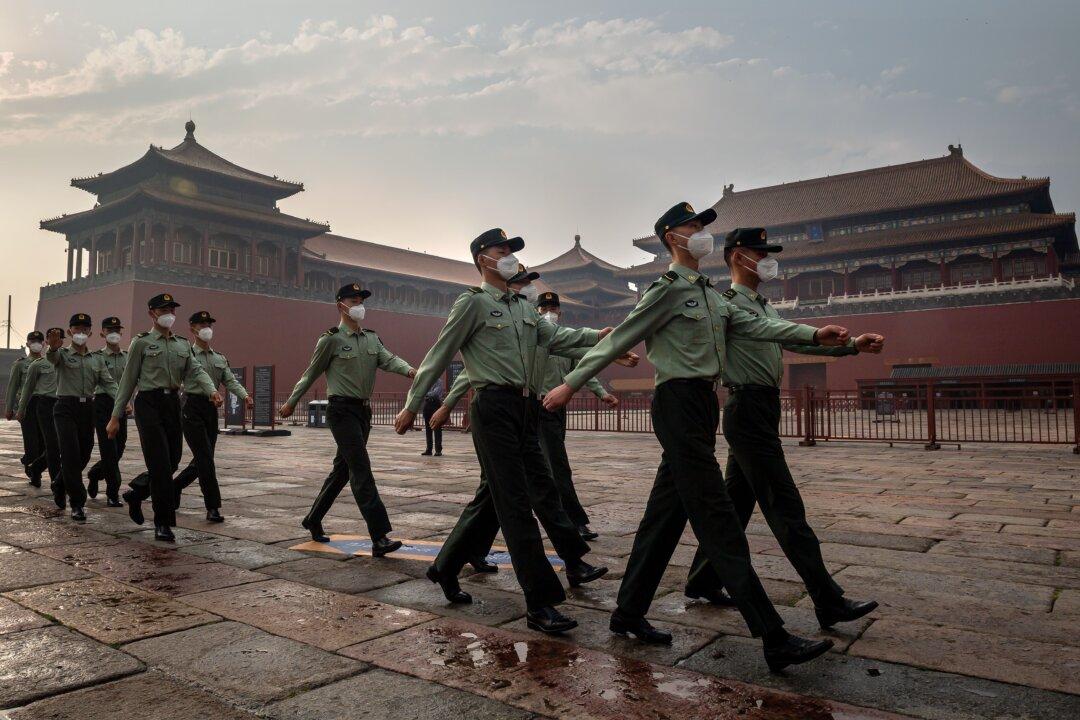China and the United States are pursuing policies that increasingly put them at risk of conflict, but according to some experts, the United States doesn’t currently have the will to follow through on the endeavor.
That was the consensus reached during a Sept. 7 discussion hosted by the American Enterprise Institute (AEI), a Washington-based think tank, which sought to examine the “coming conflict with China.”




